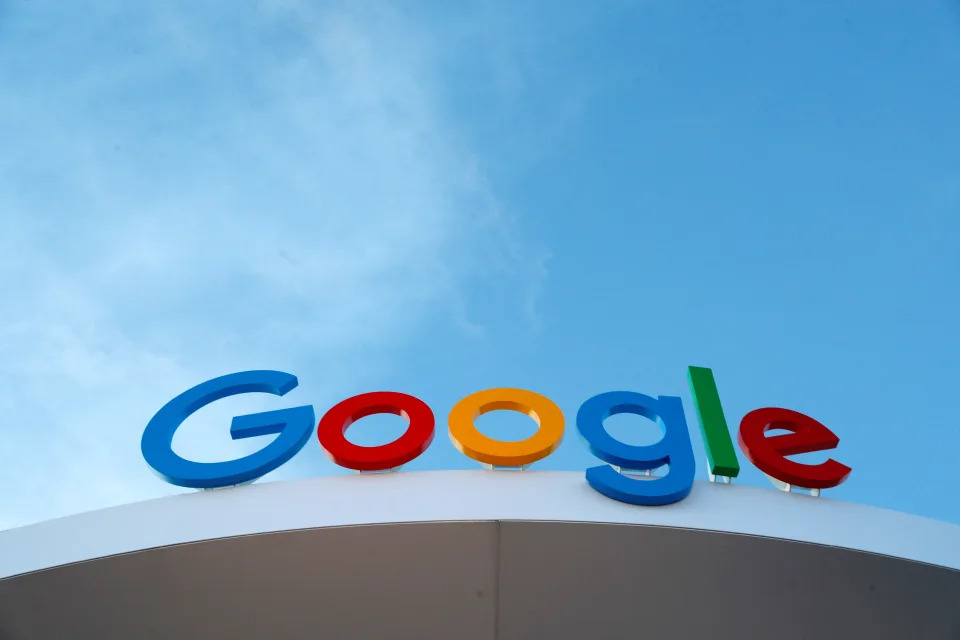Google stock pops as company unveils new quantum computing chip
Google ( GOOG ) stock jumped 4% midday Tuesday after the company unveiled a new chip the day before that it says is a breakthrough in quantum computing, an emerging technology thought to one day replace its conventional counterpart.
Google said Monday in a blog post that a mathematical equation that would take a classical supercomputer longer than the whole history of the universe — 10 septillion years — to solve takes only five minutes using a quantum computer powered by its new chip, Willow.
Shares of Google parent Alphabet rose as much as 6% early Tuesday before paring gains.
According to Google, the chip has eliminated a major bottleneck in the quantum computing space. Unlike traditional computers that use bits or series of 1s and 0s, quantum machines use qubits. Qubits are a function of quantum mechanics and, rather than being expressed as a 1 or 0, can exist as both at the same time, allowing for far more processing capabilities.
But qubits are fragile and prone to producing errors. Worse, the more qubits used in an equation, the more errors they introduce. Google, however, says it's managed to cut down those errors while increasing the amount of qubits used in testing, a major step toward making quantum computers accurate enough for practical use .
Google isn’t the only major tech company working to make leaps in the quantum computing space. IBM ( IBM ) researchers have been conducting similar research since the 1980s . Intel ( INTC ), Amazon ( AMZN ), Microsoft ( MSFT ), and Honeywell ( HON ) are also players in the emerging market.
Google said that quantum computing has “promising applications in many fields,” from discovering new drugs and accelerating progress on new energy alternatives to cybersecurity.

While those practical applications remain to be seen, the US government is ramping up support for quantum computing research. President Donald Trump in 2018 signed into law the National Quantum Initiative Act, pledging $1.2 billion in federal funding for such projects. Under Biden, the CHIPS and Science Act authorized funding for a handful of federal quantum computing programs. Most recently, on Dec. 3, a group of bipartisan US senators introduced a bill that would reauthorize the 2018 law and pledged an additional $2.7 billion for quantum computing research to develop practical applications.
Meanwhile, the Chinese government is spending more than $15 billion on quantum computing research, the New York Times reported.
In a 2024 McKinsey survey , the majority of tech executives, investors, and executives polled (72%) said quantum computers that are “fully fault tolerant” — in other words, those ready for practical use — won’t see the light of day until after 2035.
Some firms are betting that the tech is coming sooner rather than later. Apple this year rolled out a boosted iMessage security protocol to protect users against future quantum computing attacks by high-powered, nation-state hackers.
Google’s boost Tuesday puts the stock up 30% for the year.
Daniel Howley contributed reporting.

